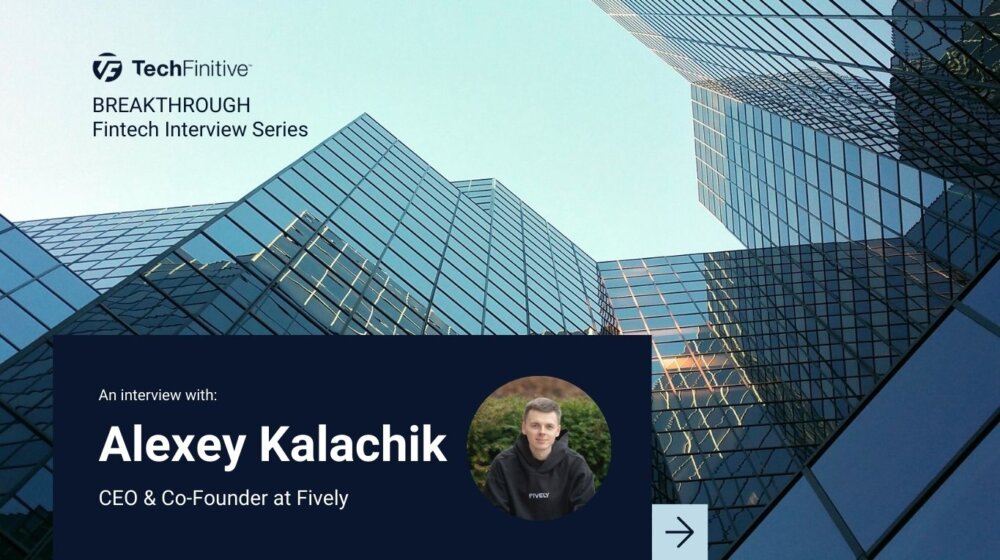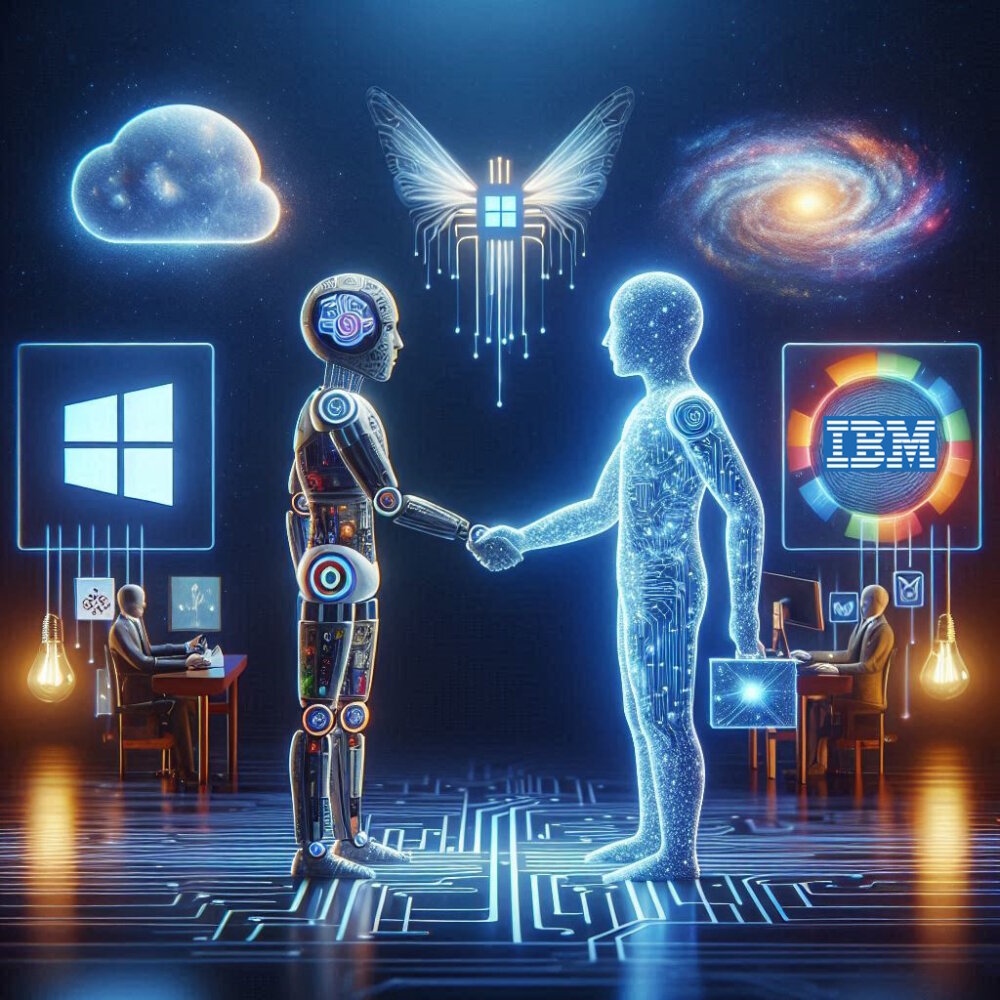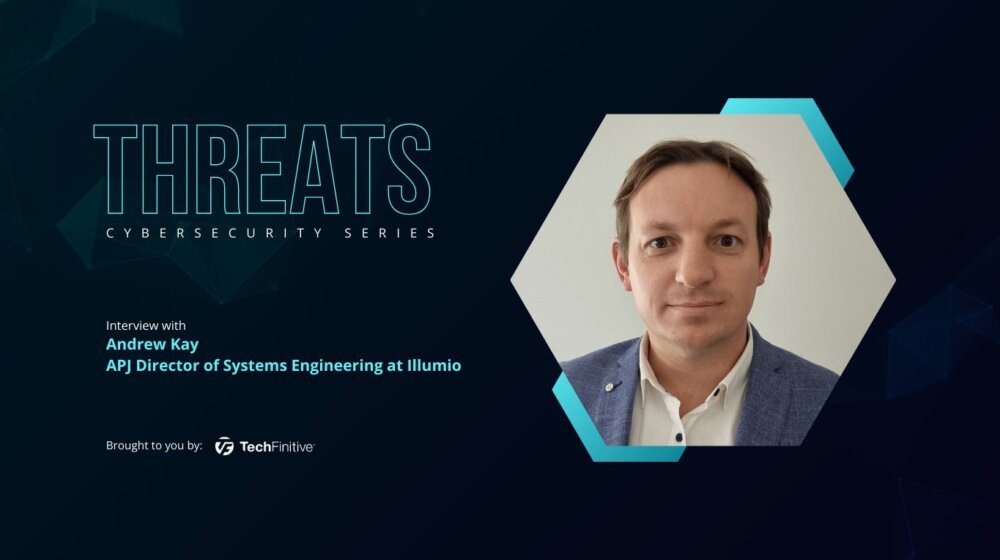
“How do we create work environments and a culture that actively brings everyone together?”
Ever since we launched TechFinitive, we’ve been mildly obsessed about the future of work. We have interviewed over 20 thought leaders during the past three months alone, but it’s no exaggeration to say that Simon Long is one of the most insightful interviewees.
Perhaps that shouldn’t be a surprise. Simon’s day job with CBRE is helping companies in Southeast Asia to take advantage of the latest technology, and he is a renowned figure in the PropTech and Artificial Intelligence (AI) space. With over two decades of experience, he has developed technology strategies and solutions for over 100 global projects across various sectors.
So what does Simon have to say about the future of work? It turns out, a lot. And all of it is worth reading.

Director, Technology Strategy and Transformation, for CBRE Southeast Asia
What was your first role in tech and what is your current role today?
When I left college in 1999, I actually started out as a digital telephone system installer. Over the next seven years, I saw first-hand how the emergence of Voice over IP (VoIP) disrupted the entire telecoms industry.
Knowing that problem-solving, helping people and technology were my passions, I moved into consulting. Today at CBRE Southeast Asia, I support our clients with the challenges of today’s technology in their workplaces, offices, and buildings.
What jobs do you think AI might replace?
There’s a great phrase echoing throughout AI circles right now: “AI will not take your job, but a person using AI will”. I believe AI will undoubtedly be the next biggest technology disrupter since the emergence of the internet and, as with all great disrupters, jobs will be both lost and created.
Rather than think about a list of jobs that may disappear, what I suggest people do is to consider the tasks that comprise a role. If the task you are required to complete is digital (i.e., it can be done entirely on a computer) and can be requested in a few lines – for example, “can you write a one-page summary about X company selling Y product” or “can you design a logo for X company using Y colours” – then there is a very high likelihood of this being completed by an AI in the near future.
So, if these types of tasks make up 60% or more of the role – there is a very strong chance of that job being replaced by someone using AI.
What are the major factors influencing the future of work?
I see three major factors influencing the future of work:
- Technology adoption: The pace of technology change and need for adoption is increasing exponentially. In a multigenerational workforce, we now have Gen X who actively seek “technology-free time” and “in-person collaboration” working alongside Gen Z who prefer all-remote, all-digital interaction. How do we create work environments and a culture that actively brings everyone together?
- Employee expectations: Employees are increasingly seeking flexible work arrangements, strong organisational cultures, continuous learning opportunities, and a focus on mental and physical well-being. How can employers best adapt to these expectations to attract and retain talent?
- Environmental sustainability: Balancing the environmental sustainability of office spaces is becoming increasingly crucial in the face of hybrid work. Offices used to run full steam, five days a week. Now they often stand underutilised on Mondays and Fridays. How do we weave better environmental and occupational efficiency into our workplaces?
Which tech skills will be in most demand over the next 12 months? And ten years?
The next 12 months will all be about AI skills. We are already seeing new roles for ‘Prompt Engineers’ and ‘AI Whisperers’ which ultimately look to bring core AI skills and understanding into organisations. In the years that follow, as the AI industry begins to solidify, I would expect to see a blending of tech skills with other areas such as AI ethical guidance and AI regulatory compliance.
Ten years from now is a very interesting one. Personally, I can actually envisage a world with lower demand for what we currently define as ‘tech skills’ and a higher demand for more personal and people skills such as emotional leadership coaching and public speaking…specifically the things that AI cannot do!
How do you think the work office will change in the next ten years?
I believe over the next ten years we will see the work office evolve into something very different. In order to engage, attract and retain talent the office needs to become a cultural hub, a beacon of the business values and ethos that builds a community spirit for employees.
To accommodate hybrid working it will have flexible and dynamic spaces that are fully integrated with technology to achieve adaptability and environmental sustainability. There won’t be traditional boardrooms or meeting rooms anymore, just flexible collaboration and engagement spaces that will also be used socially.
These spaces will be built with an increased emphasis on employee well-being for aspects such as more natural light, better air quality, ergonomic furniture, and the incorporation of green spaces.
And finally, these spaces will be easily manageable and data-rich, allowing organisations to track what is working and identify what needs to change, allowing them to adapt quickly and effortlessly.
What fields of work or industries do you think will accelerate because of technology?
Working in the real estate industry, I see huge opportunities for building design, construction, fit-out, and operation to be accelerated through technology. For example, using generative AI tools such as Midjourney we can create interior design idea images and potential office mock-ups in minutes. Recently, Nvidia released a demo of a tool called Neuralangelo, which allows 2D images to be converted into detailed 3D models automatically. If we combined these two technologies, we could create 3D models and renders of buildings and offices in minutes, as opposed to days, if not weeks, at present.
More on the future of work
Our thanks to Simon for taking the time to share his thoughts on the future of work. For more predictions, read on:
- Michael Solomon, Author and Founder of 10xManagement. “There’s going to be a protracted battle between those who wish to work from home and those who think productivity is harmed by remote work.”
- Eva Pankova, Head of People, ROI Hunter, “A four-day week would definitely disrupt the market, making those companies that adopt it much more competitive. Just imagine a three-day weekend!”
- Deepesh Banerji, Chief Product Officer, Deputy. “The key to preparing for the future of work is to develop skills that are difficult to automate, such as creativity, critical thinking and emotional intelligence”
- Benjamin Taylor, Organisational Consultant. “This morning at Heathrow Airport I saw a cleaning bot stuck on a rubber line on the floor. In what world is it better to have £30K robots than humans?”
If you have something to say about the future of work, please email us at [email protected].
NEXT UP

Alexey Kalachik, CEO & Co-Founder at Fively: “The potential for digitalisation within insurance is enormous”
We interview serial entrepreneur Alexey Kalachik, CEO & Co-Founder at Fively, on the future of fintech and what makes this space so exciting for startups.

IBM bolsters AI push with Microsoft Copilot launch
In a bid to boost its AI offering, IBM Consulting will enable enterprises to create and manage AI copilots – including Copilot for Microsoft 365

Andrew Kay, Director of Systems Engineering APJ at Illumio: “The most worrying development with ransomware is that it has evolved from simply stealing data to impacting IT availability”
Andrew Kay, Director of Systems Engineering APJ at Illumio, has 20 years’ experience helping organisations strengthen their cyber resilience. We interview him as part of our Threats series on cybersecurity.